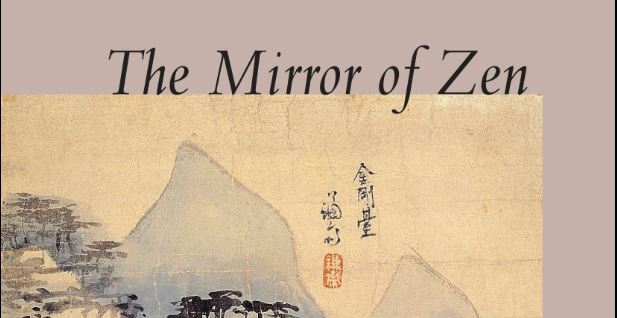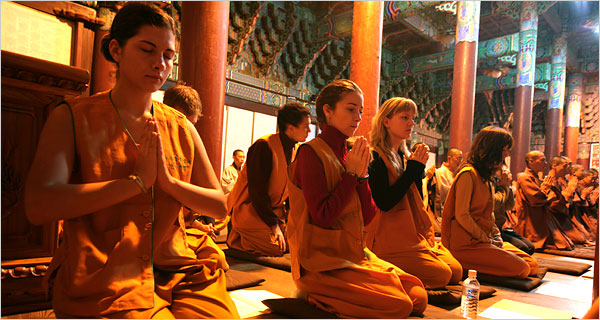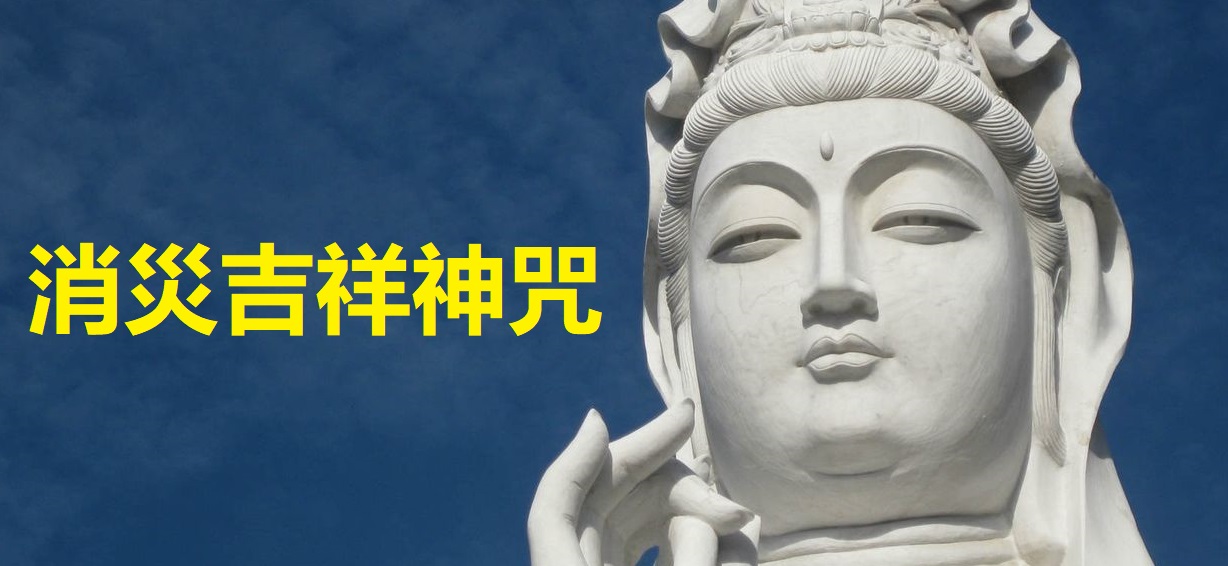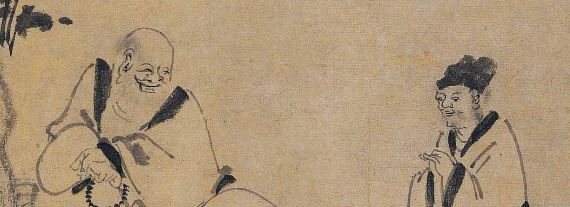Jeonggeun (精勤) = literally: essence, spirit, perfect + diligent, attentive, industrious) 정근기도 精勤祈禱 Jeong Geun Ki Do “Diligent Prayer” Here is an automated google translation of a section from the following web page: (original below the translation): https://dh.aks.ac.kr/sillokwiki/index.php/정근기도(精勤祈禱) ‘Jeonggeun (精勤)’ means to practice diligently and with all one’s heart, and ‘Gido (祈禱)’ means the act […]
Category: meditation
“Entrenchment” (住地), Or, Why is eliminating ignorance so fucking hard?
This brings to mind a famous teaching about meditation: “In zazen, leave your front door and your back door open. Let thoughts come and go. Just don’t serve them tea.” When you offer tea to a guest, this will make them feel “at home”. It is an invitation to stay. [Shunryu Suzuki Roshi]
The Diamond Sutra at CBETA (Yi Jing, Dharmagupta, Paramartha, Kumarajiva)
The teaching given by Shakyamuni Buddha in the Diamond Sutra comes in response to a question from Subhuti: how should Bodhisattvas tame their minds?
But what is the actual wording in the original Chinese for this phrase “tame the mind”?
Sino-Korean Diamond Sutra
Diamond Sutra in Hangeul: http://kr.buddhism.org/한글-금강경/ With both Hangeul and Hanja, Chapters 1-15: http://www.buljahome.com/amsong_dia/song_file.htm With both Hangeul and Hanja, Chapters 16-32: http://www.buljahome.com/amsong_dia/song_file2.htm The Diamond Sutra chanted in Sino-Korean (both the Hanja and Hangeul are displayed): An here’s one by Geumgang Seunim:
“Paradise and Amita Buddha with his forty-eight vows really do exist”, Sosan Taesa
So we can see from all of this that the teachings can freely use
seemingly different expedient means and expressions to point to the
same universal substance. Only the words themselves have a
different appearance and meaning, yet the point they communicate
is the same. For one whose insight is in accord with his actions, it is
possible to see through what is said to be “near” or “far.” This is why
our tradition can embrace both ways of practice: calling out to Amita
Buddha, like Hui-yuan, and looking directly into true nature, like
Jui-yen.
The Ten Merits of Yeom Bul Chanting (高聲念佛十種功德)
First, the merit of waking us from sleep.
Second, the merit of surprising and repelling malicious spirits.
Third, the merit of the sound reaching to the ten directions.
Fourth, the merit of resting the suffering of the three lower paths.
Fifth, the merit of keeping out exterior sounds.
Sixth, the merit of keeping the mind which is chanting from scattering.
Seventh, the merit of (helping us) to make ferocious effort.
Eighth, the merit of making all the buddhas happy.
Ninth, the merit of bringing the experience of samādhi directly to us.
Tenth, the merit of bringing about rebirth in the Pure Land.
“No matter how busy you are today, please recite the Mantra of Disaster Elimination and Auspiciousness one time!”
今天無論你多忙,請把《消災吉祥神咒》念一遍!
No matter how busy you are today, please recite the Mantra of Disaster Elimination and Auspiciousness one time!
又稱消災咒、消災真言、消災陀羅尼。乃消除諸種災害,成就吉祥事之神咒。
Also known as Disaster Elimination Mantra, Disaster Elimination Mantra, Disaster Elimination Dharani. It is a divine mantra to eliminate all kinds of disasters and achieve auspicious things.
“turn the illuminating light of the mind inward” (Chushi Fanqi 楚石梵琦)
“If you cannot achieve pure and single right-mindfulness and if torpor and distraction arise, do not drive them away consciously. Drop the huatou [Amituofo], turn the illuminating light of the mind inward, and find the source from which torpor and distraction come.”
Sitting Quietly Doing Nothing, Spring Comes and the Grass Grows By Itself
兀然無事坐、春夾草自生
兀然 wù rán “quietly” (can also mean “dazed”, “bewildered”, “suddenly”, “unexpectedly”, or “abruptly”)



